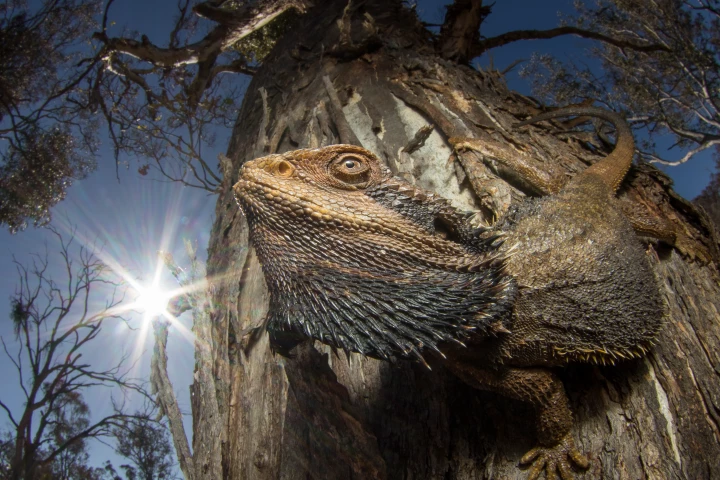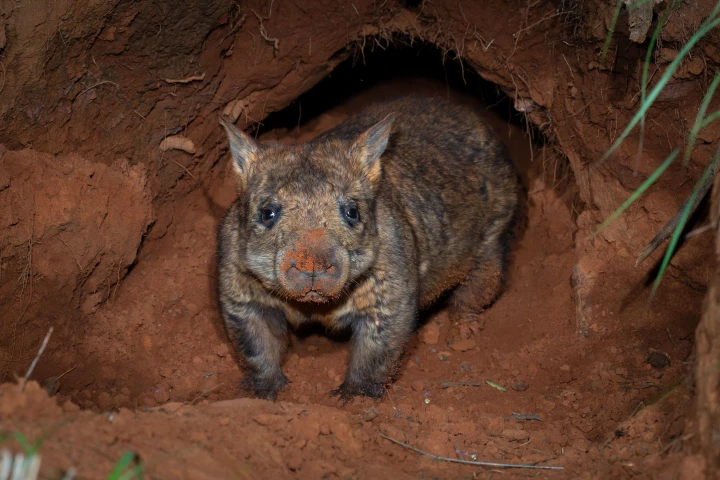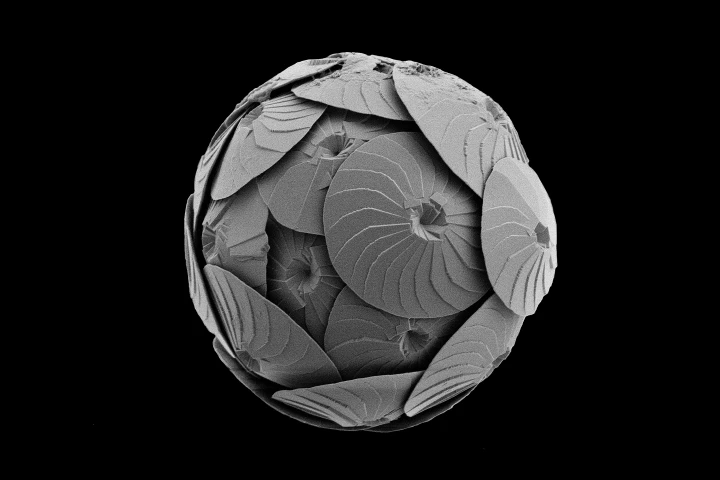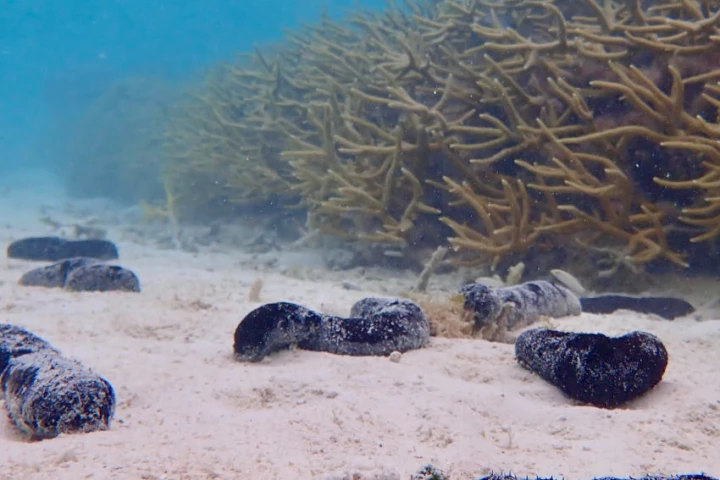Ecology
-
Human-woven "beaver dams" do more than store water. They help waterways recover from climate alteration, lower water temperatures, enhance flood plain connections prevent wildfire spread, and generate increased biodiversity.
-
What has 14 legs, lives at the bottom of the sea, and looks like Darth Vader? It's a newly discovered species of supergiant isopod, and should you happen to be in Vietnam sometime soon, you can buy one and eat it.
-
Various groups are now growing baby corals for transplantation into the world's disappearing reefs, but they need a hand. A new robotic hand has been created to help, by carefully transferring the li'l corals between tanks as they grow up.
-
Gathering genetic material from treetops in tropical rainforests would be a near-impossible task to perform safely by hand. That's why scientists have developed a system that allows a drone to do the job, without even touching the trees itself.
-
This stunning image of a bearded dragon soaking up the rays in southern Australian has taken out the overall prize in the 2024 British Ecology Society's photography competition, an annual contest open to any nature snapper around the globe.
-
Seeing a wombat in regional Australia is not a rare experience, but when ecologists captured this particular one emerging from a den and casually wandering past a motion-sensor camera in the middle of the night, there was serious cause for celebration.
-
In its eighth year, the Beaker Street Festival's Science Photography Prize tells the story of one of the more remote places on Earth, Australia's southern island state of Tasmania. The 12 finalists capture the beauty and diversity of this stunning land.
-
If a giant prehistoric salmon isn't scary enough for you, how about one with warthog-like tusks? According to a new study, Oncorhynchus rastrosus possessed just such appendages – even though the fish likely fed on tiny plankton.
-
Scientists have discovered that audio recordings of healthy coral reefs may help attract free-swimming coral larvae to damaged ones. The finding could be a major step toward preserving the world's coral reefs.
-
Although the humble sea cucumber may not look like much, it could soon be recruited to help save the world's coral reefs. The bottom-dwelling animals have been found to play a vital role in protecting corals from harmful bacteria.
-
For the first time ever, a lone orca has been observed killing and eating a great white shark. Although orcas were already known to hunt great whites in packs or pairs, one had never been seen going solo before. The finding suggests the emergence of a new hunting strategy.
-
No-one has seen the Yellow-crested Helmetshrike for about 20 years. That changed when researchers embarked on a six-week expedition in the Democratic Republic of the Congo and captured the dramatic-looking yellow-topped bird in its first-known photo.
Load More











